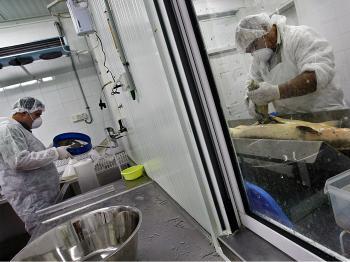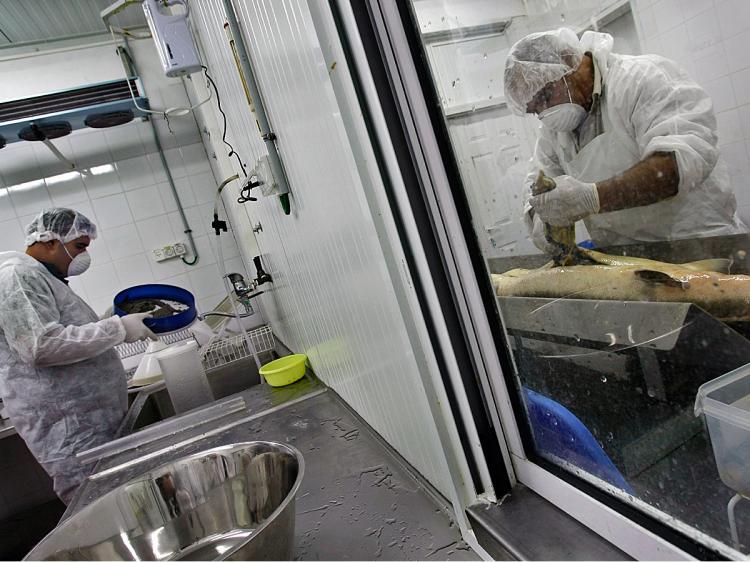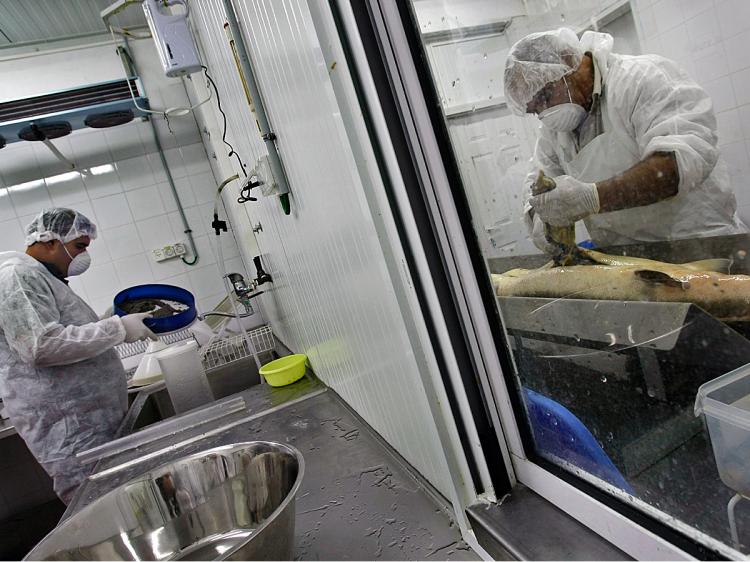“Israel has made substantial contributions to the global marketplace … The challenge for Israel going forward is to make the world more aware of its hospitable business environment,” according to a new Knowledge @ Wharton (KW) report.
KW is the publishing arm of the Wharton School of Business at the University of Pennsylvania, one of the world’s premier business schools.
Israel exists in a Middle East environment that is rife with conflicts, but it also boasts one of the world’s top business sectors. Tel Aviv is a leading economic center in the Middle East.
“If you look at news stories written about Israel, they are almost entirely about violence and conflict … that becomes your brand. I think Israel needs to tell a different story,” David Pottruck, chairman and CEO of Red Eagle Ventures, Inc. explained in a KW report.
Business Acumen and Challenges
“Israel has been very reliable in terms of being able to continue to produce and deliver,” David Reibstein, a Wharton professor, stated in the KW report.
Israel exported $33 billion of products during 2008 and $22 billion in the first half of 2009 (annualized exports of $44 billion). The majority of the exports were to the United States and the European Union.
Although statistical export information clearly indicates that Israel has many customers around the world, Wharton professors suggest that Israel is not producing and marketing its products well enough. Many Israeli firms end up selling innovations and ideas to other companies.
“Israel has developed a lot of technology … and [the Israeli companies that have developed that technology] have made money not by going to market with it, but by selling [the business producing that technology to other companies]. It’s hard to think of Israeli companies that have a large presence in the marketplace,” Reibstein says.
Experts suggest that Israel and its private sector should allocate resources to tell the world that it is not a nation at war, but a nation with a vivacious and brilliant business environment that delivers through innovation and hard work.
“They [Israelis] need to get to a stage where they recognize the importance of hearing from customers and making sure that their views are what the market responds to,” Reibstein said.
Invention Orientation Captures Markets
“Israel is a powerhouse when it comes to technology and medicine,” according to the Real Israel Web site.
Inventions that have come out of Israel include: “instant messaging (ICQ), firewall security software, Intel wireless computer chips, numerous medicines, and miniature video camera capsules to examine internal organs … the cell phone (invented by Motorola, Inc. with its largest R&D center being in Israel), most of the Windows NT operating system, voice mail technology, and VoIP [Voice over Internet Protocol] technology,” the site said.
Israel has registered more patents, especially in the medical device and technology fields, with the United States Patent and Trademark Office than Russia, India, and China combined.
Despite a lack of water supply, Israel’s agricultural sector is one of the world’s most advanced, selling its technologies and products globally.
Simcha Blass invented the drip irrigation system, developed by the Tel Aviv-based Netafim Ltd., which “allows the desert to bloom,” according to Netafim’s Web site. The system is now used in arid areas worldwide, including regions that are at war with Israel.
The General Electric Co., Johnson & Johnson Services Inc., Pfizer Inc., and other medical system providers all have a presence in Israel to take advantage of the research abilities of the Israelis and the highly advanced university and government research facilities.
Shai Agassi, an Israeli inventor, “has been shaking up the auto industry with his vision for mass adoption of zero-emission vehicles powered by electricity from renewable sources,” a KW report said.
Agassi, along with Project Better Place, will build an electrical grid infrastructure for recharging electric vehicles. The intention is not to just sell more electric cars, but to provide battery-charging stations throughout the nation.






